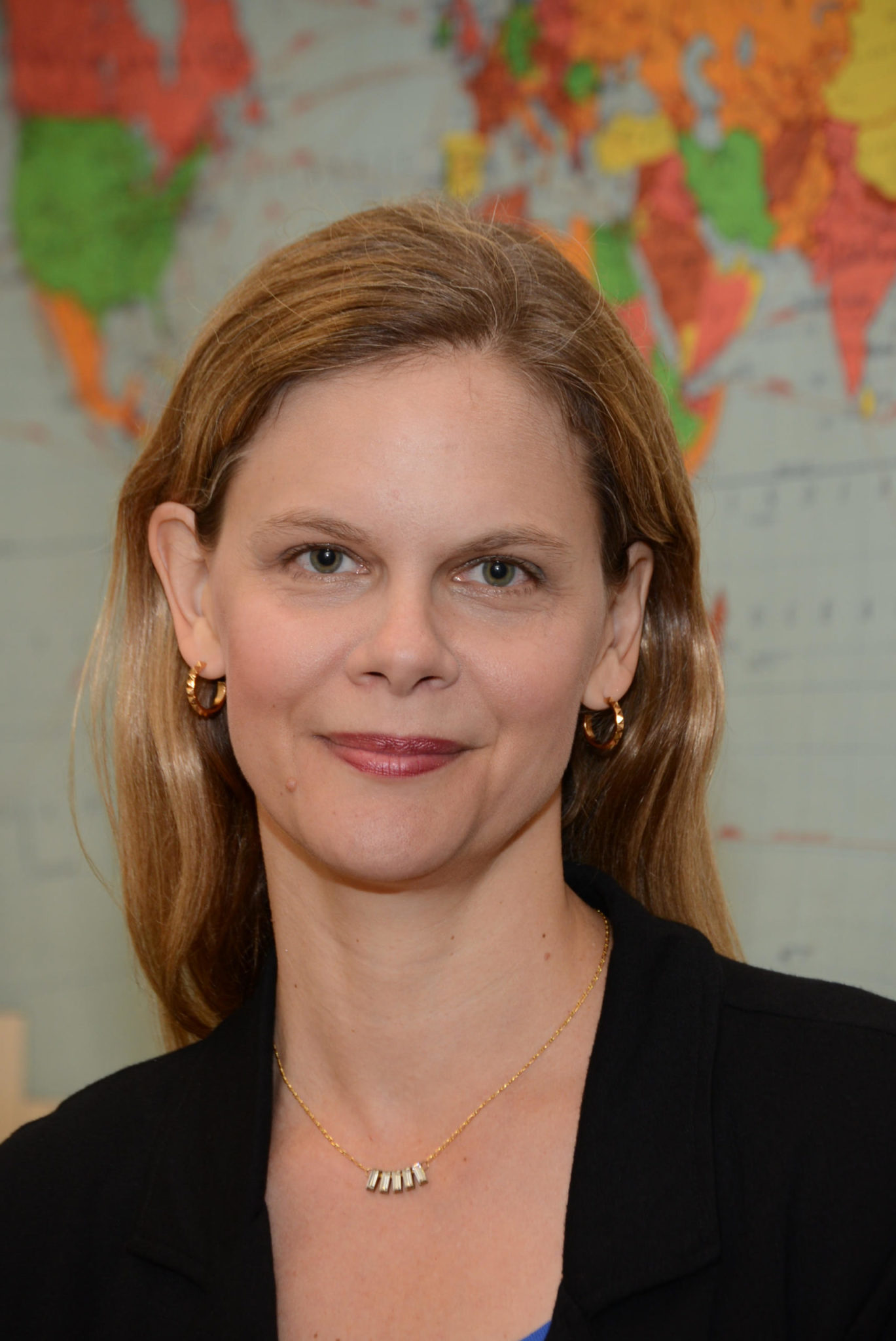After resignation, Beverly Gage and fellow Yale faculty sound alarm on academic freedom
The historian’s decision has prompted professors to call on the University for a strong recommitment to protecting academia from donor influences.

Courtesy of Beverly Gage
After announcing her resignation from the Grand Strategy program, history professor Beverly Gage expressed concerns about the influence donors have over academic expression at Yale. While her fellow faculty have sounded alarms about academic freedom, University President Peter Salovey has pledged to more rigorously evaluate the University’s approach to donations.
Gage, who resigned last week, attributed her decision to leave the program to ultimately successful attempts by Nicholas Brady ’52 and Charles Johnson ’54 — who endowed the Grand Strategy program in 2006 — to pressure administrative officials to name a conservative majority to a newly-implemented advisory board to oversee program appointments. She told the News that other special programs like Grand Strategy, whose endowments lie outside of Yale’s academic departments and general streams of funding, are particularly vulnerable to pressure from donors. Greater transparency and accountability should be added to the donation process in order to protect academic freedom in the future, she said.
Salovey told the News that the administration plans to make limited systemic or procedural changes to the donor process. The University needs to ensure, he said that “everybody has a shared understanding of where the lines are, what is appropriate involvement by donors and what would be inappropriate involvement by donors.”
He further explained that the University has to balance its obligations both to its faculty and to its donors.
“There’s probably two principles that are really important to honor,” Salovey said. “The first is [that] academic freedom to teach and do scholarship in an unfettered way … is sacrosanct at the University.”
The second principle, he added, is that the University “[has] an obligation to our donors to meet the agreements to honor the agreements we make with them.”
In the days since the announcement of her resignation, Gage has seen a “surge” of encouragement from dozens of faculty members and historians, she told the News. Individual professors have expressed disappointment with the University on Twitter and the History Department released a statement of support for Gage on Friday.
“The last few days have been really heartening to me to see how seriously people take the question of academic freedom, to see the level of attention that it’s gotten and the response that was solicited from the University,” Gage said.
The Faculty of Arts & Sciences Senate, which released a statement of its own on Friday, will begin an investigation this week. The executive council plans to meet with both Gage and Salovey this week and determine appropriate measures to prevent future incidents, Senate chair Valerie Horsley told the News.
When asked about specific policies that would shore up protections for academic freedom, Gage suggested that a University official could be designated as an ombudsman, or neutral third party, in disputes. Increased transparency requirements surrounding donor agreements and administrative actions could also help, she said.
Meanwhile, Gage’s colleagues continue to express concerns that academic freedom is under threat.
“It seems like a textbook violation of academic freedom,” professor of philosophy Jason Stanley told the News. “The University is an extremely wealthy institution, and we have an enormous endowment. There is no reason we should be even hinting to donors that they can have control over our curriculum.”
University President Peter Salovey accepted responsibility last Friday, saying in a statement that he “should have tried harder to improve the situation.” Still, as the News reported last week, Vice Provost of Academic Affairs Pericles Lewis denied that the donors exerted undue influence on the program and reiterated that the new board only has influence over practitioner appointments, rather than curriculum decisions.
Gage said that she was briefly shown a portion of the 2006 gift agreement outlining the five-member advisory board, and appointment powers to the Grand Strategy advisory board were explicitly granted to the University president. The News has not reviewed the 2006 gift agreement.
According to emerita professor of history Glenda Gilmore, the University “catastrophically” failed to properly balance these two principles.
“Academic freedom is sacrosanct, yet Salovey’s and Lewis’s comments suggest that they tried to please the donors while trying to persuade Gage to acquiesce to their interference,” Gilmore wrote in an email. “At the donors’ first complaint, whether about Bryan [Garsten’s] op-ed or Gage’s lesson plans, they should have unequivocally made it clear that such conversations were inappropriate and would be off limits in the future.”
“If there is one thing that the administration owes the faculty, it is the protection of academic freedom. If they got this so wrong, what else might happen?” Gilmore added.
Stanley further noted that public universities in various states are currently facing outside influence when it comes to teaching topics like critical race theory. A wealthy, private institution like Yale, he said, has “no excuse” to allow outside pressure on academia.
Salovey wrote in his original statement that he has been hearing the concerns from faculty and alumni regarding academic freedom, and pledged to make changes accordingly.
The Grand Strategy program was established in 2000.







